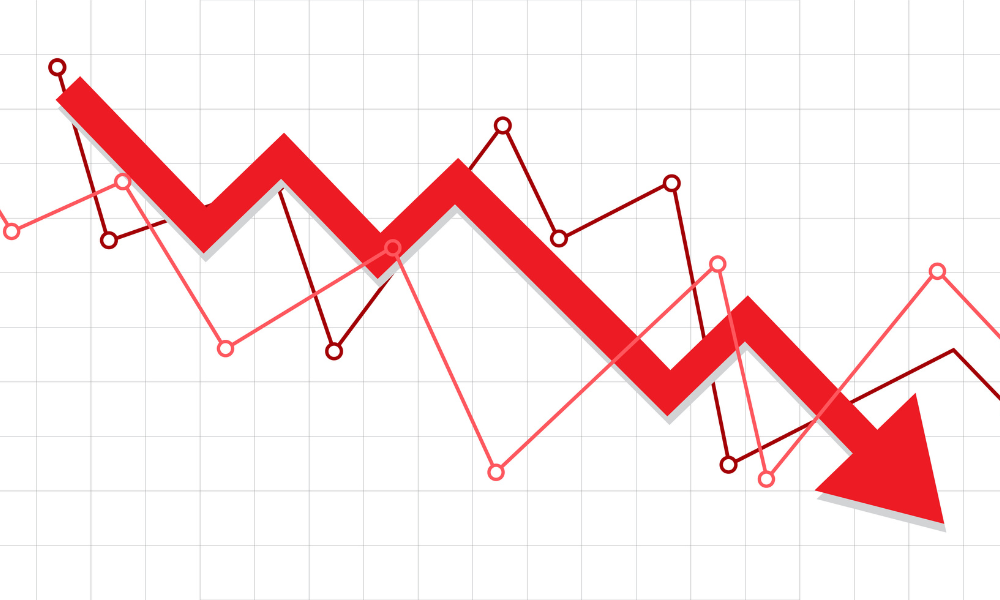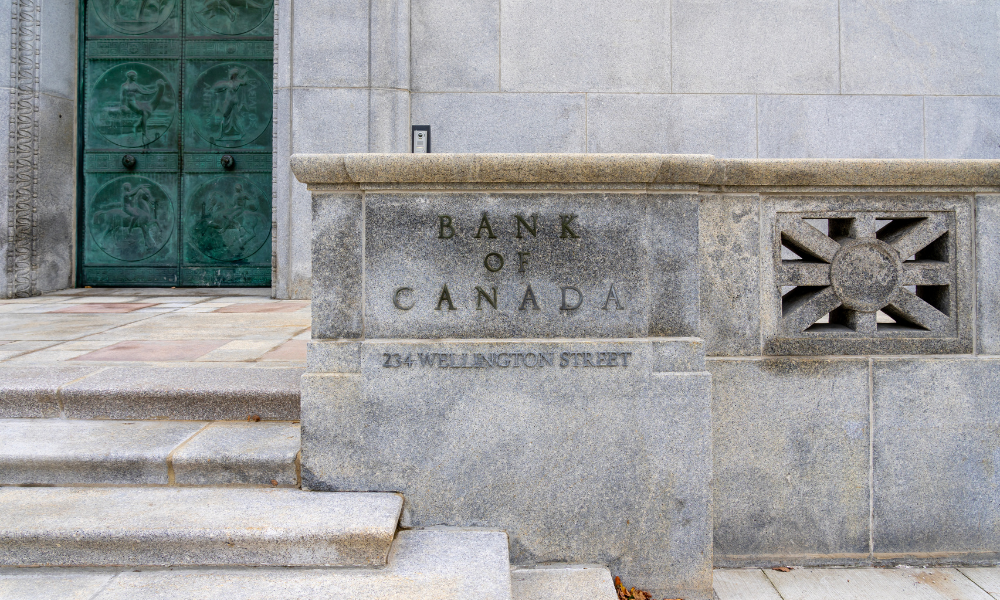New report reveals shift in interest rate concerns, spending, and new debt

Canadians remain concerned about the economy and their finances, but there has been some improvement in overall optimism for their future according to a new report.
The quarterly MNP Consumer Debt Index for this quarter shows a rebound to 88 points, up nine points from the previous quarter, despite concerns about tariffs and economic uncertainty, although three quarters of respondents have cut back on spending or making major purchases or investments.
With two interest rate cuts since the last Index reading, concern about elevated rates has eased, although slightly more than half are still worried that they may not be able to keep on top of their debts if rates were to rise, however unlikely this is looking ahead of this week’s BoC decision.
That said, 81% of respondents said they are more cautious about taking on new debt in the current economic climate. The good news is that most will not need to, with a higher share of poll participants saying they expect to be able to cover their living expenses without greater use of credit.
“Lower interest rates, along with the budget adjustments Canadians have already made, seem to be providing some breathing room,” said Grant Bazian, president of MNP LTD. “In comparison to the previous quarter, the results suggest that Canadians are taking proactive steps to reduce spending and lessen their reliance on credit as they brace for potential financial challenges on the horizon.”
However, although fewer people said they were $200 or less from insolvency and fewer indicating they are already insolvent, a significant share are.
“Four in ten Canadians still report being on the brink of insolvency, and more than a quarter have no financial cushion, no flexibility, or wiggle room in their budgets. Individuals without a safety net will likely face economic hardship when faced with rising costs and housing expenses, or a potential loss of income," added Bazian.
Housing costs also remain a concern with 44% of respondents expecting these to increase in the next year, including both renters and homeowners. Younger people and those on lower incomes are more concerned than older and wealthier respondents.
"More than four million mortgages—roughly 60% of all outstanding mortgages in Canada—are set to renew by the end of 2026 at potentially higher rates. This is just one example of the rising expenses, compounded by ongoing economic uncertainty, that those teetering on the edge can’t afford," said Bazian.



